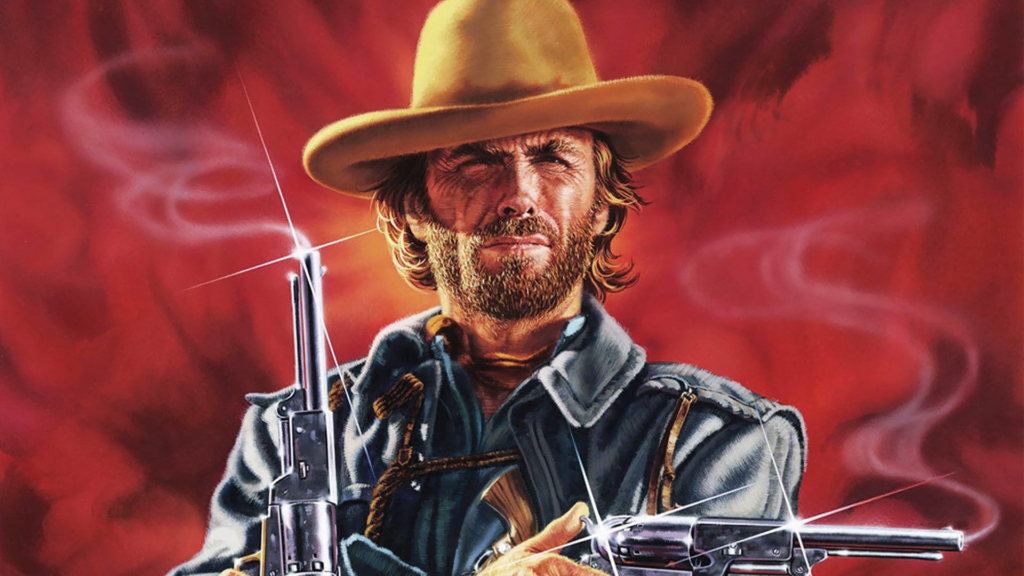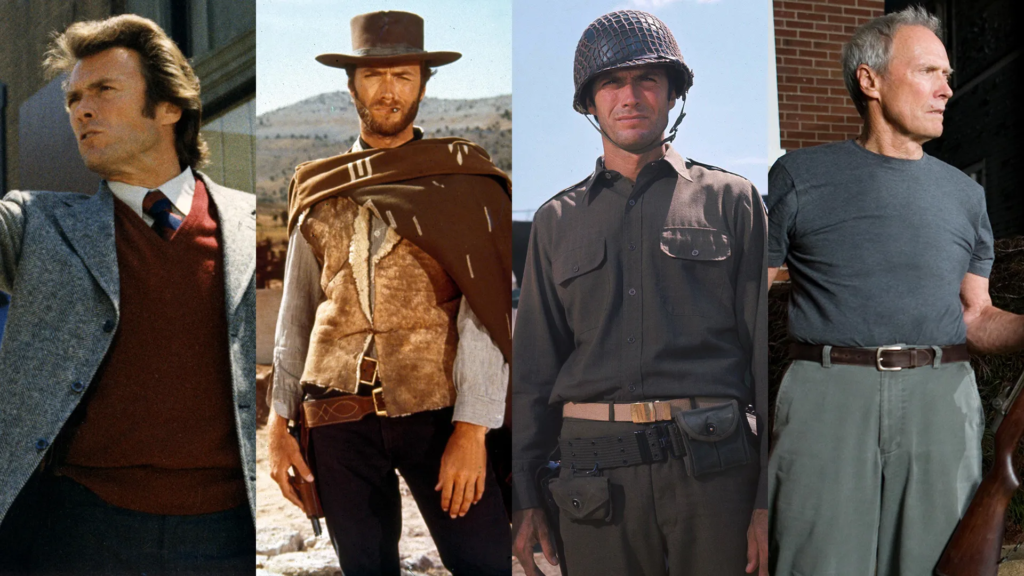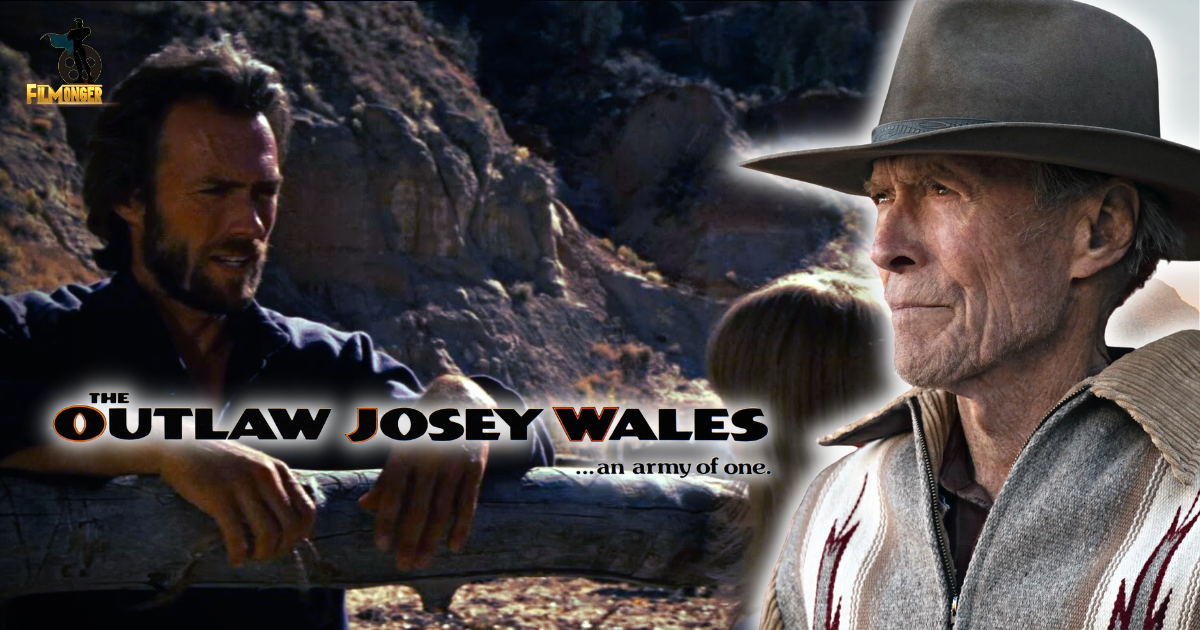Clint Eastwood firing his director on “The Outlaw Josey Wales” birthed “the Eastwood Rule,” reshaping Hollywood practices forever.
In the annals of Hollywood history, there exists a momentous event that transpired during the making of a Western movie, an event that involved Clint Eastwood, who, in a bold move, famously ousted his director and assumed the helm, forever changing the landscape of the film industry.
Throughout his storied Hollywood career, Clint Eastwood has etched his name as a formidable creative force, amassing a plethora of accolades for both his acting and directing endeavors. His acting career solidified his reputation through roles that often embodied the essence of the stoic, yet undeniably masculine spaghetti Western characters. As a director, Eastwood’s unique filmmaking style propelled him to the pinnacle of success, culminating in two Academy Awards in the coveted Best Director category.
Beneath the veneer of his multifaceted career, Clint Eastwood is renowned for his unyielding resolve and discerning decision-making when it comes to the projects he undertakes. Tom Hanks, offering insights into Eastwood’s directing style, once remarked that “he treats his actors like horses,” a testament to Eastwood’s exacting standards. However, long before Tom Hanks shed light on the formidable nature of Clint Eastwood on set, the Western luminary found himself embroiled in a monumental feud with a director, a feud that left an indelible mark on the inner workings of Hollywood.
The Outlaw Josey Wales: Where It All Unfolded

The Outlaw Josey Wales, loosely inspired by the novel “The Rebel Outlaw: Josey Wales,” holds a special place in this saga. Clint Eastwood’s commitment to the project ran so deep that he personally contributed to securing the rights to the novel. Philip Kaufman, entrusted with overseeing the film’s script and direction, harbored a vision that adhered closely to the source material. Kaufman yearned for Eastwood to embody not just the character of Wales but also his idiosyncratic mannerisms and distinct vernacular as portrayed in the book.
However, beneath the desire to remain faithful to the source material lay a stark difference of opinion. Kaufman, though committed to staying true to the book’s content, held vehement opposition to the author’s political stances, even dubbing him “a crude fascist.” It later emerged that the novel had been penned by none other than Asa Earl Carter, a former organizer for the Ku Klux Klan.
As tensions simmered, Kaufman sought to temper the novel’s political undertones and shift the focus towards other narrative elements. Eastwood, on the other hand, disagreed vehemently with Kaufman’s vision. The brewing conflict between the two during the filming of The Outlaw Josey Wales revolved around the film’s direction and the adaptation of its story. Reports (sourced from “Clint: The Life and Legend of Clint Eastwood” by Patrick McGilligan) suggested that Eastwood, against Kaufman’s wishes, even cast Sondra Locke and that Kaufman harbored jealousy over the blossoming romance between Eastwood and Locke.
As the rift deepened to an irreparable chasm, Clint Eastwood took a decisive step. He assumed not only the role of the film’s lead actor but also that of its director, thus ousting Philip Kaufman from the project. Eastwood, in consultation with producer Bob Daley, made the call to terminate Kaufman’s involvement.
The Eastwood Rule: Clint Eastwood’s Legacy

The dismissal of Philip Kaufman, who had invested significant time and effort into The Outlaw Josey Wales, sent shockwaves through the Directors Guild of America (DGA). The DGA reacted vehemently to this abrupt ousting, imposing a substantial $60,000 fine on Warner Bros. and Clint Eastwood for their unwavering stance. In response to this seismic event, the DGA introduced what would come to be known as “the Eastwood Rule,” a regulation designed to prevent a scenario where an actor or producer could dismiss their director and then personally assume the director’s chair on a film.
While Clint Eastwood ultimately took the reins of The Outlaw Josey Wales and delivered a compelling final product that earned acclaim from audiences and critics alike, his behind-the-scenes clash with Philip Kaufman wrought a profound and lasting change upon Hollywood. The Eastwood Rule, now etched into Hollywood’s ethos, stands as a testament to the transformative impact of this singular event.
